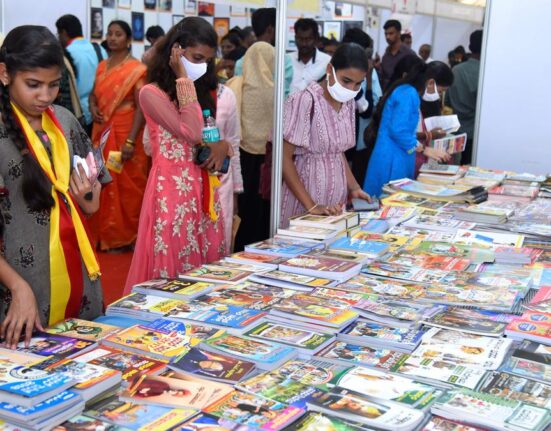India is the world’s second-largest producer of fruits and vegetables. To reduce the wastage of fresh fruits and vegetables and to add value to them, processes like canning, dehydration, pickling, provisional preservation and bottling have been introduced. However, the percentage of processing of fruits and vegetables is currently less than 3% as compared to countries like China (23%), the United States (65%) and the Philippines (78%).
The Indian fruit and vegetable processing industry experiences a conducive growth environment owing to the abundant supply of raw materials and favourable government policies like the Pradhan Mantri Kisan Sampada Yojana (PMKSY). Rising consumer affordability and rapid urbanization resulted in lifestyle changes, following which the preference for processed fruits and vegetables increased substantially.
Nevertheless, several factors, like the lack of required infrastructure and higher cost of processed fruits and vegetables, are the major hurdle to the industry’s growth.

Despite unfavourable conditions, Tapi Foods emerged as a profitable company that developed a PAN-India distribution network and a well-established brand. This enabled them to increase market penetration and expand their footprint across India with exports in more than 20 countries worldwide.












